|
disclaimer: 1. Readers are advised to use information available here as study guide only and use it at your own risk. 2. Please note that changes/ update based on updated information will be made from time to time, readers are advised to check on this page regularly. 3. Analysis was done based on available data at the time of this review being published. 4. This analysis is mainly curated for pre-selection. Details varies among developments, therefore, please read through our analysis in full before making comparison between developments.
ALEXANDRA VALE | CENTRAL WEAVE @ AMK | HAVELOCK HILLSIDE | JURONG EAST BREEZE | KEAT HONG GRANGE | SUN PLAZA SPRING | WOODLANDS SOUTH PLAINS Copyright © 2O22 [email protected]
0 Comments
Leave a Reply. |
AuthorAn architect with 2 bachelor degrees. 15 years of industry related experience in Singapore, China and Malaysia. Designed for more than 10,000 units of completed residential property in Singapore, China and Malaysia including landed and non-landed alike. Designed for residential, healthcare, industrial and transportation oriented development (Finalist at World Architectural Festival 2014, Master planning; Won Singapore Institute of Planners Best Urban Design Project 2013). Completed projects including 1,010 units Punggol Topaz, Singapore, 2,290 units of landed and high-rise residential development in Xian, China, 4,236 units of high-rise residential development in Shenyang, China, 3,595 units of high-rise residential development in Chengdu, China and many more. Archives
November 2022
Categories
All
|

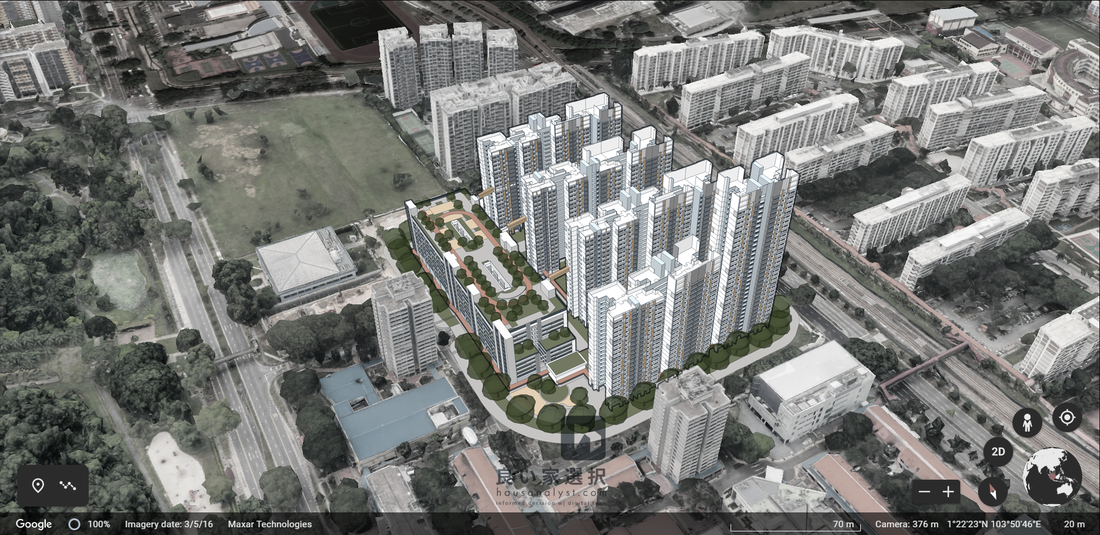
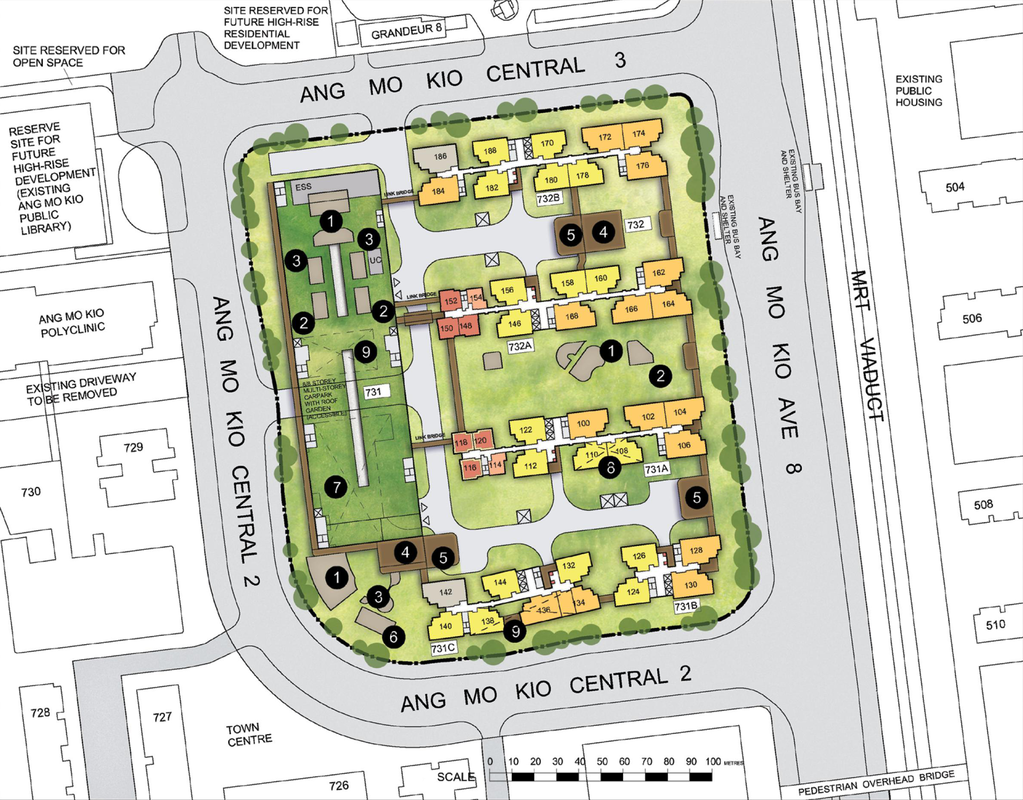
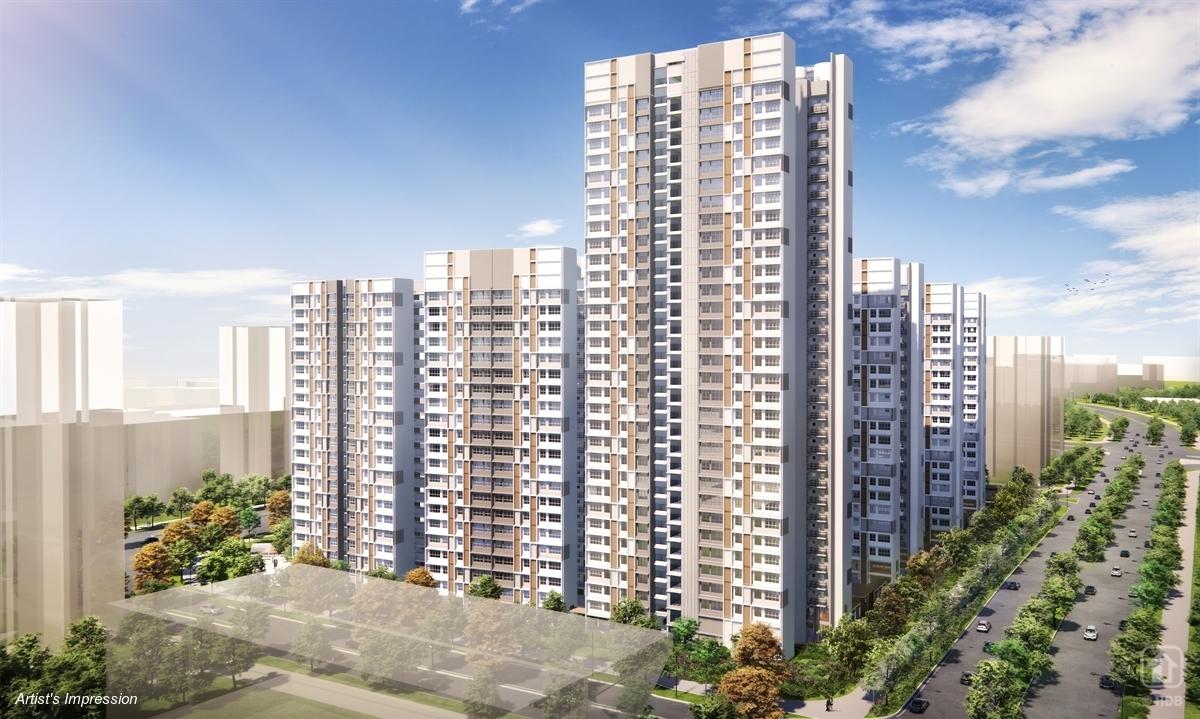

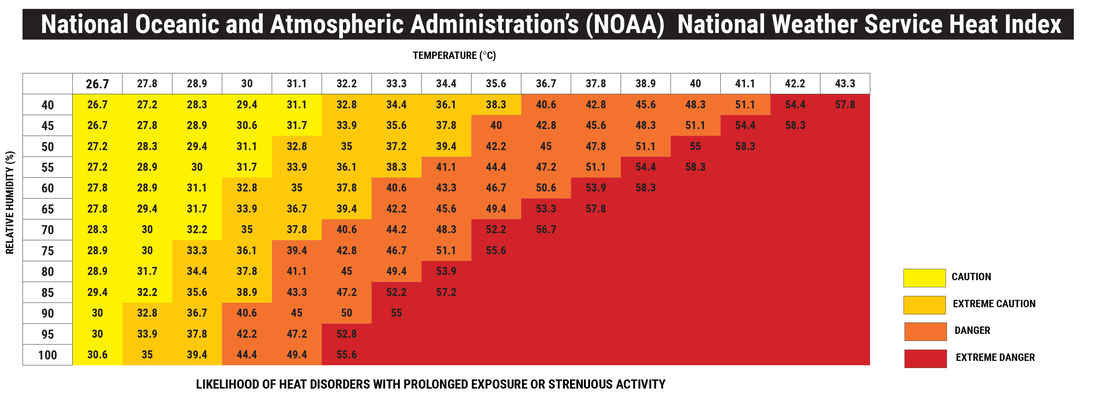
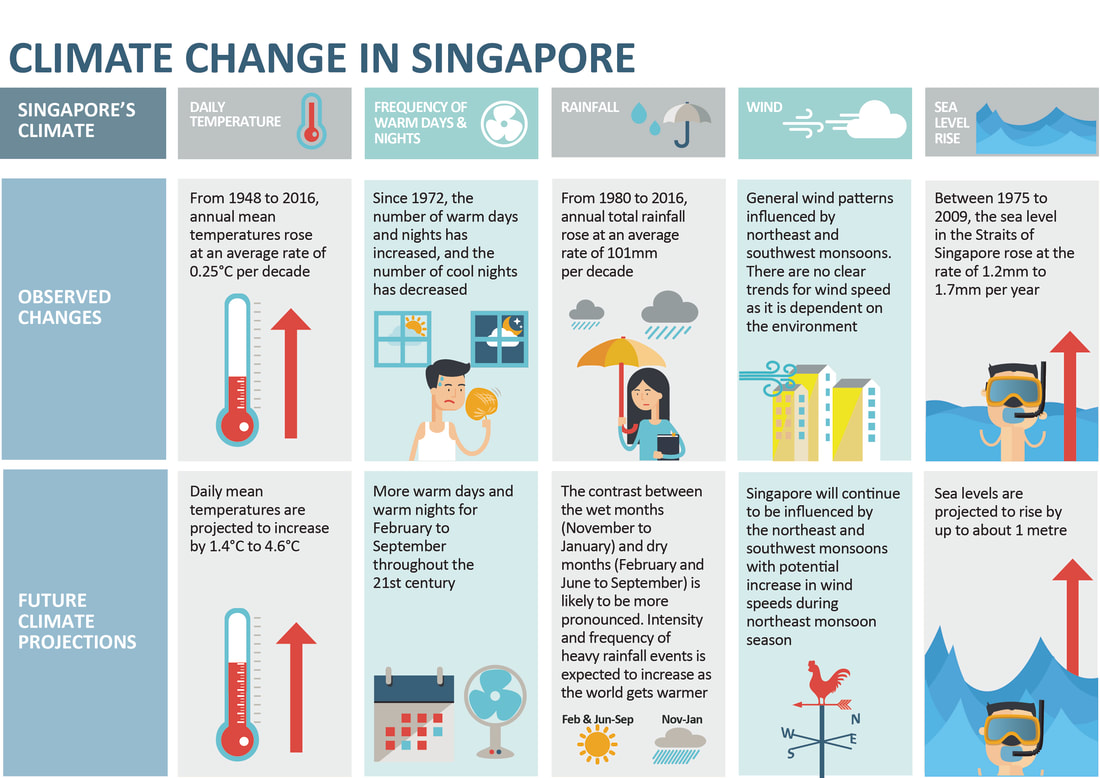
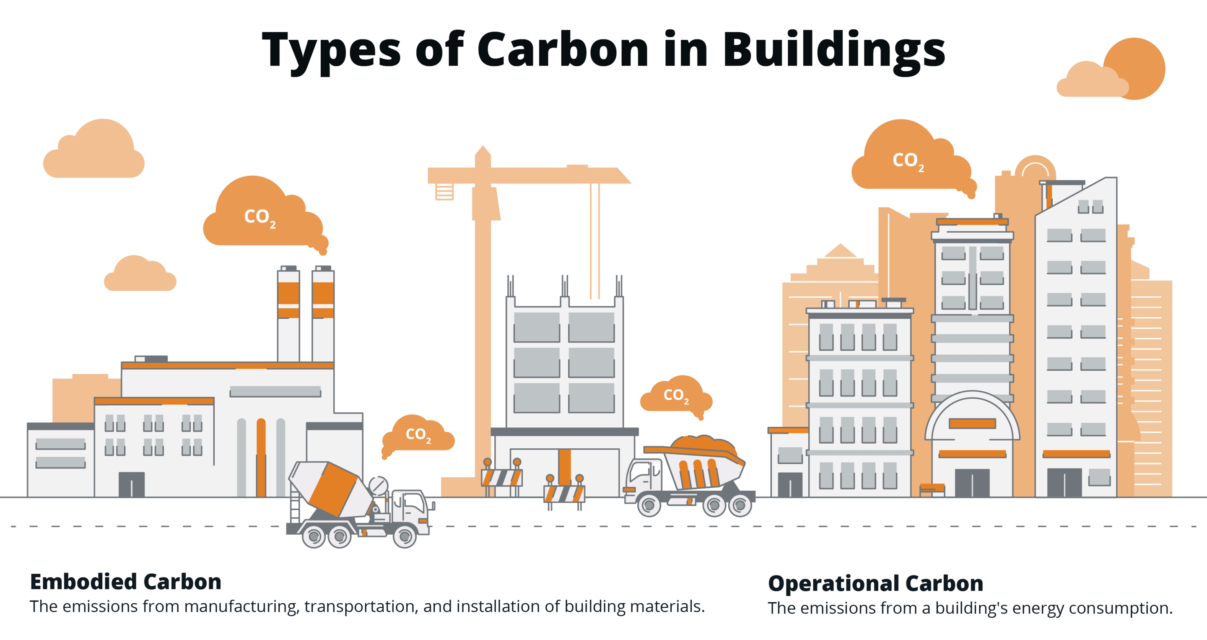

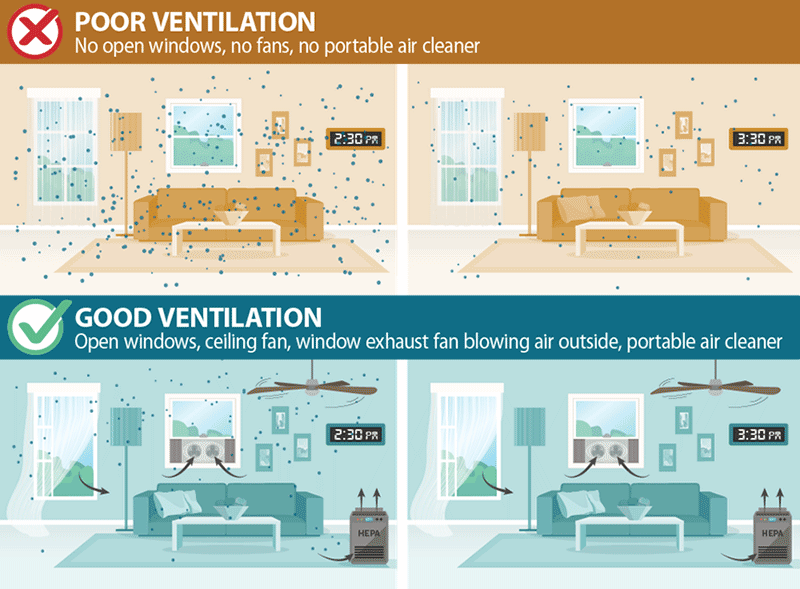





 RSS Feed
RSS Feed